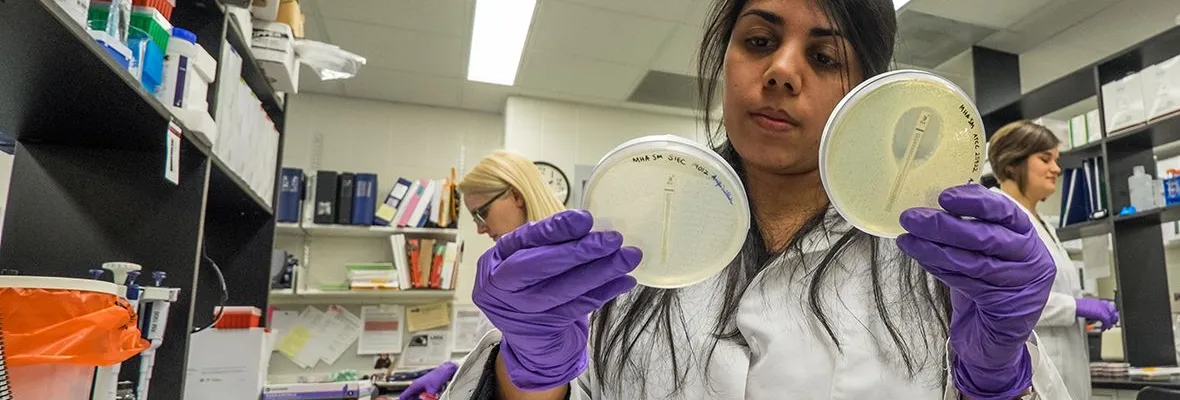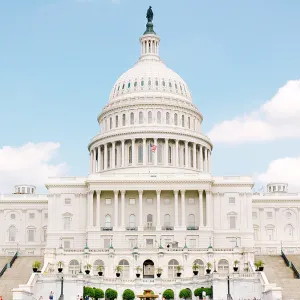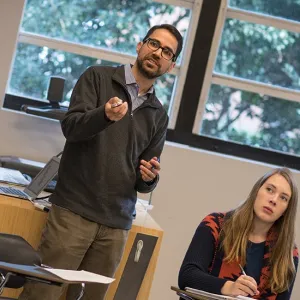America's leading research universities guard our nation's security by protecting knowledge, trade secrets, and classified information from foreign interference. In fact, AAU members have a vested interest in making sure this is the case. AAU works closely with its members and the government to ensure that appropriate security measures are in place at all times. Our members also work hard to strike a balance between two key priorities. One, that research must remain open to succeed. The integrity of our nation's research depends on it. On the other hand, some sensitive data must also be protected. AAU and APLU have jointly written a guide to help our members deal with this issue. The guide provides principles and values that steer our actions and helps universities limit risks.
Body

As lawmakers consider measures related to securing federally funded research data and intellectual property, it is important to understand the current state of play for research security in the country to avoid new requirements that are duplicative, unnecessary, or counterproductive

One pager for advocacy focused on securing scientific research against foreign threats.

AAU Statement on the House Committee on Science, Space, and Technology Hearing "Examining Federal Science Agency Actions to Secure the U.S. Science and Technology Enterprise."

This resource document identifies key terms; effective practices proposed by institutions and government and non-government entities; links to various government and non-government entity lists, and topical analysis and proposed policy recommendations in several key areas..
Search Our Key Issues Library
Browse recent items or search for a specific topic or document.
AAU and COGR respond to the June 21, 2012, Federal Register Notice on Proposed Revisions to the EAR: Implementation of Export Control Reform, Revisions to License Exceptions After Retrospective Regulatory Review (RIN 0694-AF65).
A Dialogue between Universities and the Federal Bureau of Investigation, February 21-22, 2012
AAU applauds the enactment of state laws that allow undocumented students who meet state requirements to pay in-state tuition and state laws that support the ability of autonomous public institutions to achieve comparable goals through their own tuition residency guidelines.
AAU and COGR respond to the September 7, 2011 Federal Register Notice on 10 CFR 810 regarding Assistance to Foreign Atomic Energy activities.
AAU and COGR respond to the July 15, 2011 Federal Register Notice on Proposed Revisions to the Export Administration Regulations (EAR): Control of Items the President Determines No Longer Warrant Control Under the United States Munitions List (USML).




